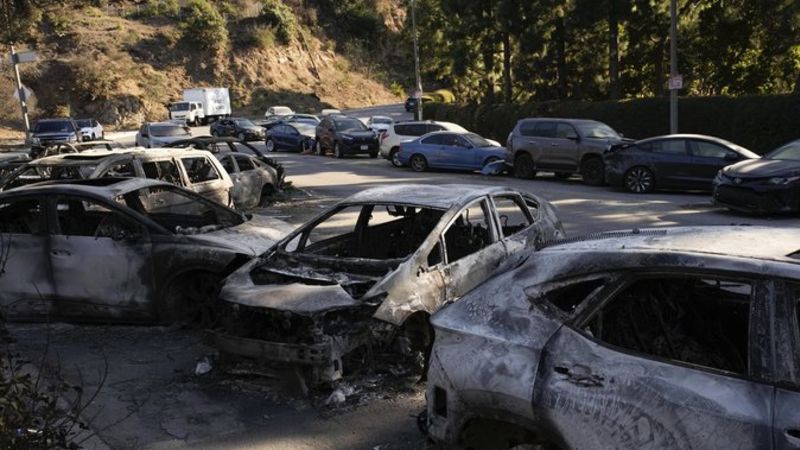
COLLINS: Predicting wildfire behaviour still an inexact science
MORE AND MORE WORK IS BEING DONE to study the causes of wildfires, but it’s going to take many years of data collection and interpretation of that data to determine if any patterns develop that will help determine how to best tackle an individual fire before it does major damage. I don’t know if that’s possible.
We now have studies starting up at the Wildfire Centre here in Kamloops, which may produce some ideas down the road. But don’t hold your breath. It’s going to take time.
The new centre will provide courses on mitigation efforts, techniques for fighting fires, the most effective equipment, maybe new ways of getting ahead of blazes, the role winds play in dealing with fires, and the ongoing problems caused by climate change, will all be up for study.
Consultations between governments at all levels, discussions involving First Nations elders and knowledge keepers, longtime residents will help develop some guidelines for particular areas, but no one should expect wildfires to disappear. There might have been some different things done that might have prevented Lytton from being destroyed or the communities of Fort McMurray and Jasper being hit hard, the East Shuswap, Elephant Hill, Barriere. The list goes on, but could this destruction have been avoided or at least mitigated? Maybe, but I doubt it.


